During the Syrian crisis, Turkey has become home to over 3 million refugees - the largest number of refugees in a single host country in the world. The majority – about 90% – live not in refugee camps, but in poor areas of towns and cities. Their refugee status should entitle them to basic social protection, but national systems struggle to absorb them, and 82% are thought to live below the poverty line.
Emergency Social Safety Net
In November 2016, the EU initiated its largest ever humanitarian scheme, the €348 million Emergency Social Safety Net (ESSN) in Turkey. ESSN is based on the idea that giving families cash rather than in-kind aid (such as food or blankets) restores some dignity and normality to their lives, as well as acknowledging that they know best what their families need.
|
Image
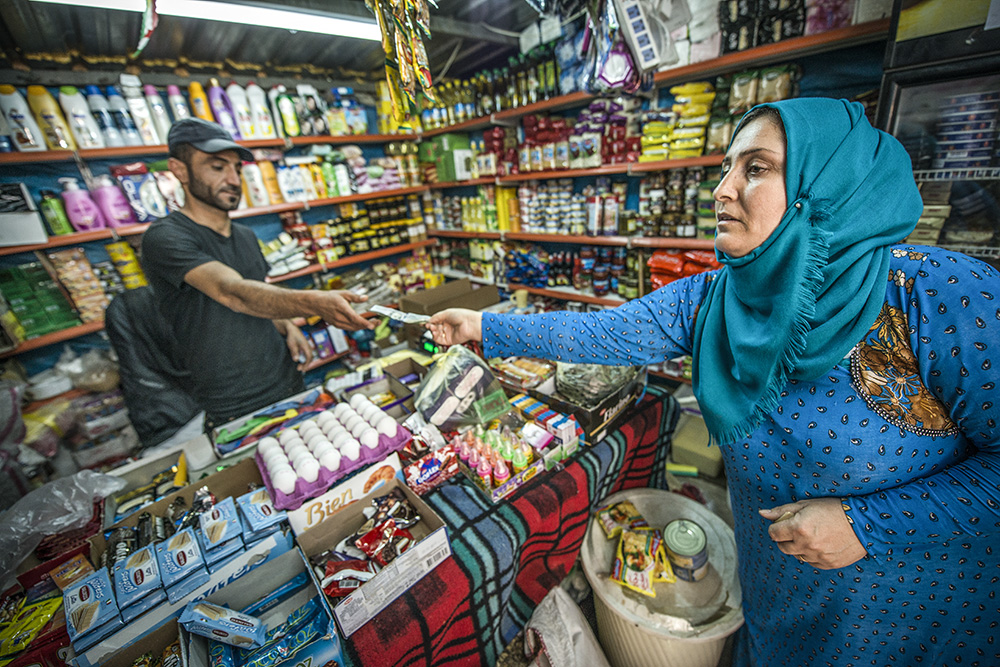
© EU ECHO |
Each eligible family can apply for a ‘Kizilaykart’, and receive 120 Turkish lira (€26) per month per family member. “Once they have the bank card, they can go to an ATM and take out money, or use it at any POS - that’s a card machine in a shop,” said Jonathan Campbell, Deputy Country Director for the World Food Programme in Turkey. “So it can be used at the supermarket or any shop, and not just for food. We’ve found they mostly use it for rent, then food, and a bit less for education and healthcare.”
There are also quarterly top-ups which take into account family size - “the smaller the family, the bigger the quarterly top up,” Campbell explained, as larger families will have a better economy of scale.
The programme is run through Turkey’s existing social assistance offices, the local branches of the Turkish Ministry of Family and Social Policy (MoFSP), in collaboration with the UN World Food Programme and the Turkish Red Crescent. It also works closely with the Turkish National Disaster Management Authority (AFAD), and the aim is to eventually fully integrate the programme into Turkey’s national system.
Working through existing systems has allowed the programme to reach its beneficiaries relatively quickly: around 1 million people are enrolled. There are many more refugees who are not covered by this programme, but its aim is to help those considered most vulnerable: single-parent families, families with over four children or with elderly or disabled dependents; elderly people on their own, and single women. The majority of beneficiaries are Syrian, but it also helps refugees and asylum-seekers from countries including Afghanistan, Iraq, Iran and Somalia.
Social cohesion between refugees and locals is an important aspect of the programme, and others supported by the EU and its Member States under the €3 billion Facility for Refugees in Turkey. By nature, cash transfer schemes can boost the local economy when refugees buy goods and services, benefiting local businesses. And ESSN cash transfers are carefully calibrated to ensure they are not more generous than the social protection available to Turkish citizens from their own national scheme.
“The Turkish government doesn’t call it the Emergency Social Safety Net, they call it the social cohesion programme,” said Campbell. “They believe it’s building cohesion with the Turkish population - it works in the same way, with similar eligibility criteria, similar transfer values; it makes sense to Turkish people. And most support for this programme has come from poor Turkish people living in the same areas as the refugees themselves.”
In the following video, Jonathan Campbell shares a story from a visit to a refugee family in Turkey, and reflects on the impact of the programme:
There are still some issues to resolve, for example refugees need to have an official address and to register with Turkey’s Nufus [the national identity card provider] before they are able to receive an ESSN card; and after that, applications can take up to 9 weeks to process. The ESSN’s website states that they are “lobbying with Nufus to resolve this issue.”
But overall, Turkey has a strong framework in place for this kind of humanitarian aid. “For cash transfers to be effective, you need certain conditions,” said Campbell. “[The beneficiaries] need to know the value of cash and how to budget. The Syrian refugees and others, including Afghanis and Somalis, understand this.”
And upper-middle-income Turkey has a well-developed banking system and a culture of paying by card, even for small purchases. “Turkey has one of the most advanced networks of banks and POS [point of sale] machines for shopping,” said Campbell. “You can use your card almost anywhere, even for a value of half a dollar.”
The ESSN is an example of how humanitarian actors are adapting their methods to cope with prolonged crises. In the following video, Massimo La Rosa from the European Commission’s humanitarian branch, ECHO, reflects on the programme:
Cash transfers for education
About a third of the 3.4 million Syrian refugees in Turkey are children, and that makes supporting the education system another priority for donors.
“When they came into the country, they couldn’t speak Turkish, they were not in school; you’ve heard the term lost generation,” said Friederike Wünschmann, International Cooperation Officer at the EU Facility for Refugees in Turkey. “You can imagine the constraints the national system was under.”
Humanitarian organisations had noted an increase in so-called negative coping strategies – especially when families couldn’t afford to send their children to school or when no places were available. These coping strategies include child marriage and children being sent to work.
Alongside the ESSN, the EU and its Member States are supporting a cash transfer scheme for school attendance, the Conditional Cash Transfer for Education (CCTE) scheme. Implemented in cooperation with MoFSP, Ministry of National Education (MONE), TRC and UNICEF with €34 million from the EU Facility for Refugees in Turkey, it aims to encourage some 230,000 refugee children to attend school by the end of 2017.
This programme is an extension of the existing schemes in place for Turkish nationals available to poor Turkish children since 2003. “The systems were already there, in terms of application, registration procedures and information management systems,” said Iraz Öykü Soyalp, Chief of Social Policy at UNICEF Turkey. “That means opportunities to reach beneficiaries, fast.”
In the following video, Iraz Öykü Soyalp explains Unicef’s approach, and how it may eventually make Turkey’s national system more shock-responsive:
Social protection support
One of the EU priorities, according to Wünschmann, is addressing socio-economic issues for refugees in Turkey. “Only if the family has a salary to live on, do they live in dignity and in peace with host communities. If they speak the language for example, they can have better opportunities enter vocational education centres, and then the regular job market,” she said.
As a first step, the EU is providing Turkish language lessons to more than 50,000 adults. The next barrier is often getting previous professional qualifications recognised. Families often arrive without certificates, and even when they have them, they can only be ‘converted’ when the holder has certain language skills. “We try to pick up on that in our programmes,” said Wünschmann.
Another challenge is the job quota for Syrian refugees set by the government. “Only a small percentage of Syrian refugees have had access to formal jobs in Turkey to date,” said Silvio Cordova, Programme Manager at the EU Facility for Refugees. Therefore, “more emphasis should be put on advocacy on refugees' social and economic rights as well as labour market interventions to ensure that a higher number of refugees can access formal employment opportunities” said Cordova.
Meanwhile the EU is providing funds through new projects with the International Labour Organization (ILO), United Nations Development Programme (UNDP) and the World Bank (WB) to support targeted entrepreneurship and active labour market programmes for refugees in Turkey, according to Wünschmann.
Frederike Wünschmann on bridging short and long term planning and funding instruments for refugees in Turkey:
“Labour market access and integration is not only essential to making refugees less dependent on international aid, and so more self-reliant, but it is also a key tool to unlocking protracted refugees situations. Refugees are development agents and, as such, positive contributors to the economy of host societies” said Cordova.
There are different obstacles and uncertainties due to the changing situation, for example regarding guidelines on multi-service or community centres, which mean NGOs and partner organisations have difficulty working on the full range of social protection issues in Turkey.
Also, “the situation has been strained for over two years,” Wünschmann added, referring to EU- Turkey relations. “But we have engaged in a dialogue with government institutions on this important matter.”
Image credit: © EU ECHO
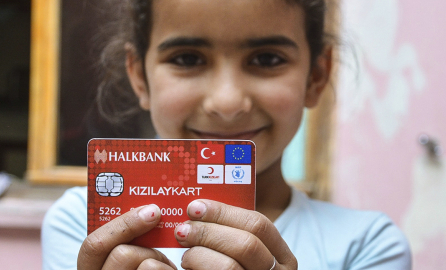
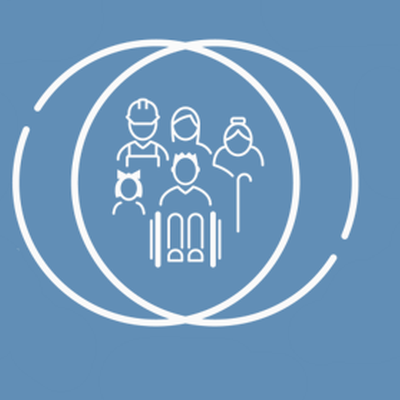
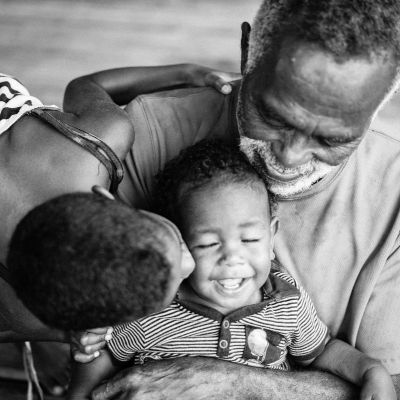
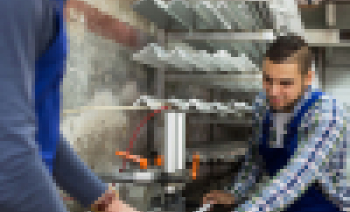
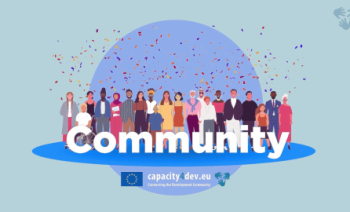
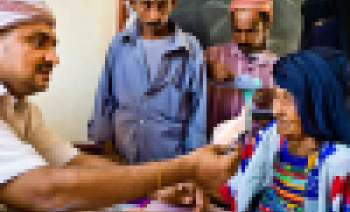
Log in with your EU Login account to post or comment on the platform.